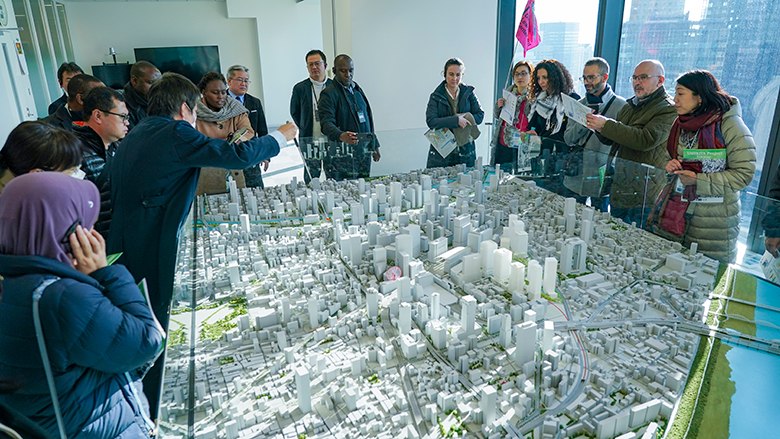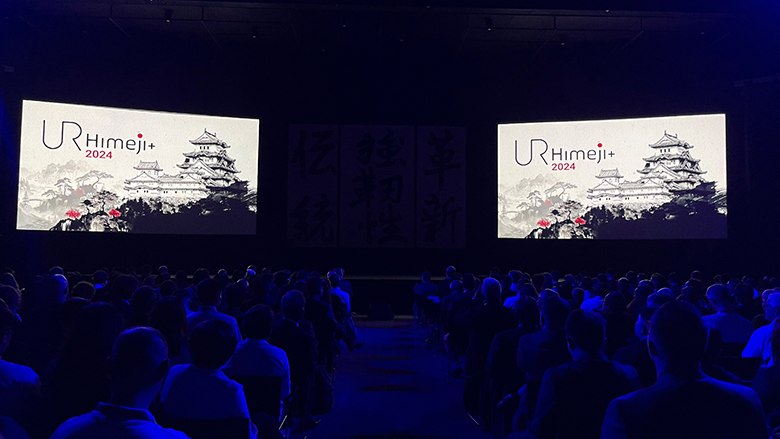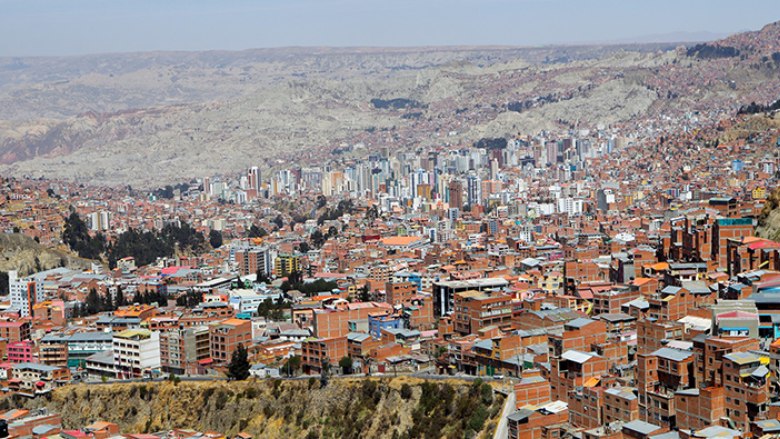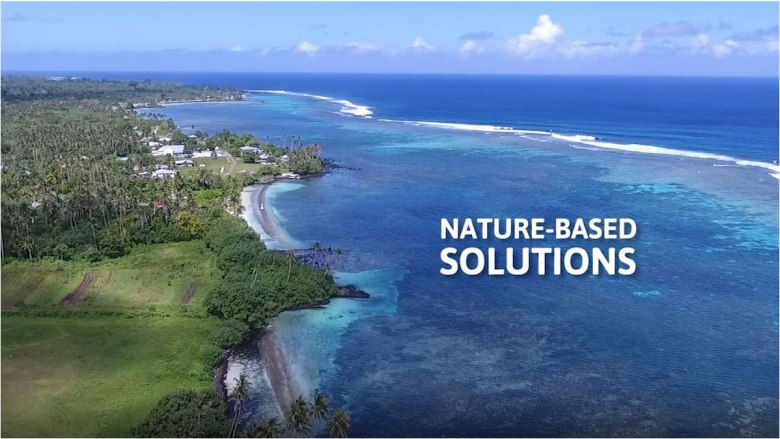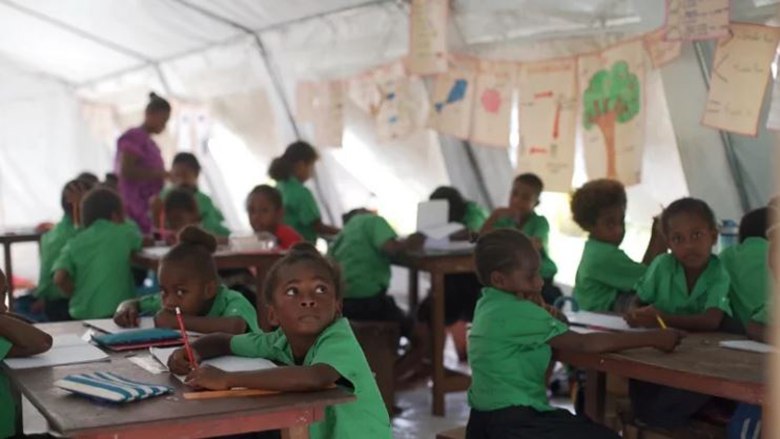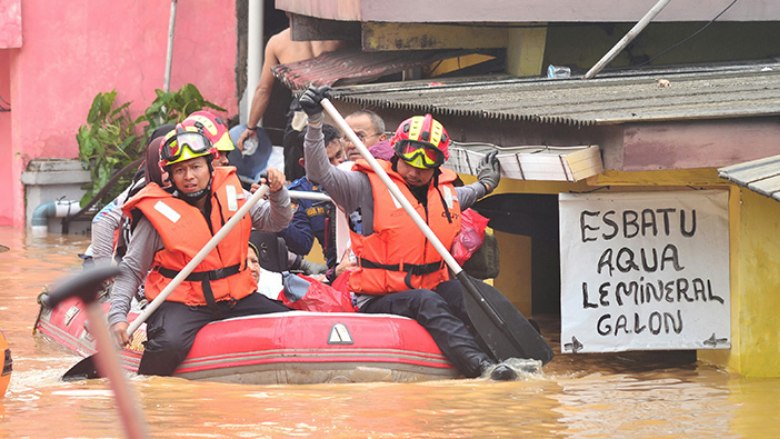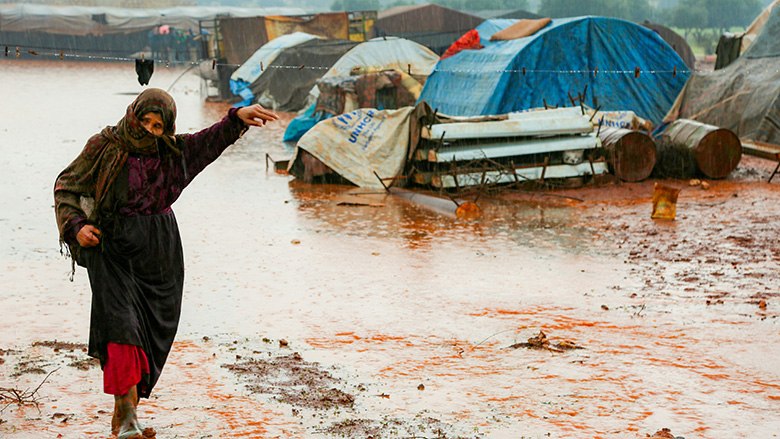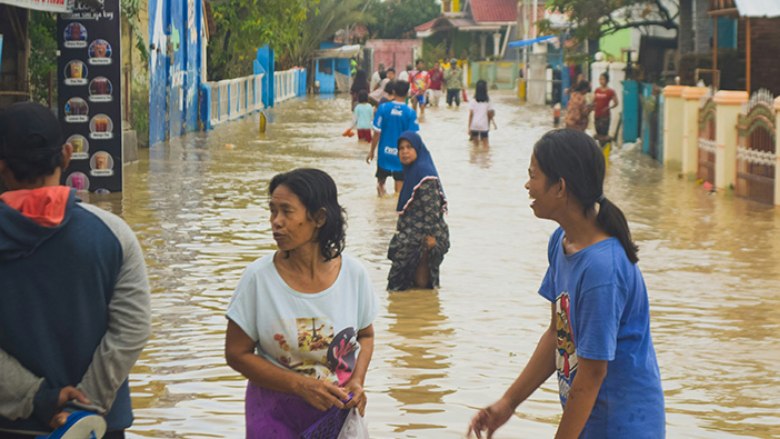Urban Development

-
Land ConferenceIn-Person | Land Systems | For Government Officials and Private Sector Leaders
The World Bank Land Conference is a leading global event for the land sector, bringing together stakeholders from multiple sectors to discuss research, policy, and best practices. Over the years, it has facilitated cross-sectoral knowledge exchange and helped incubate important initiatives such as the Voluntary Guidelines and the Land Governance Assessment Framework.
-
Tokyo Development Learning Center Technical Deep DivesIn-Person | Urban Development | For Government Officials
The Tokyo Development Learning Center (TDLC) is a World Bank initiative in partnership with the Government of Japan, aimed at enhancing urban development globally. Through its Technical Deep Dive (TDD) workshops, TDLC brings together participants from developing countries and World Bank teams to create actionable solutions for urban development. These workshops incorporate insights from Japanese and global experiences, including expert presentations and site visits.
-
Solid Waste ManagementE-Learning | Urban Development | For Government Officials
This course offers practical solutions to the challenges of solid waste management, addressing its environmental and public health impacts. Participants will gain a comprehensive understanding of the SWM sector, covering key concepts, the waste management chain, financing, policy, institutions, the informal sector, and emerging innovations. Through this training, learners will examine the entire waste lifecycle—from collection to its long-term effects on communities and ecosystems—while recognizing the growing global waste crisis and the often-overlooked consequences of disposal.
-
Smart Cities for Sustainable DevelopmentE-Learning | Urban Development | For Government Officials
This course explores how smart cities leverage data and technology for sustainability. It is structured around four key themes: Green, Smart, Development, and Vision. Over four weeks, participants will examine case studies and innovative approaches that make cities more efficient, inclusive, and resilient.
-
The E&S Academy for Municipal OfficersE-Learning | Urban Development | For Private Sector Leaders
This course explores three IFC-financed projects—a wastewater treatment plant, a solid waste treatment project, and a public transportation upgrade. Through interactive decision points, participants will learn how municipalities can address environmental and social (E&S) challenges. The course provides practical insights into mitigating E&S risks throughout the investment lifecycle.
-
GPSC Regional City AcademyIn-Person | Urban Development | For Government Officials
The Global Platform for Sustainable Cities (GPSC) is a World Bank initiative that connects cities and partners to address urbanization and climate change challenges. The Regional City Academy, a core GPSC program, provides practical training to city leaders and urban practitioners to manage sustainable urban development through expert knowledge, tools, and best practices. The recent Regional City Academy in Guangzhou focused on low-carbon, resilient growth for Asian cities, highlighting Guangzhou’s innovative urban practices like green infrastructure and flood management.
-
Municipal Finances - A Learning Program for Local GovernmentsE-Learning | Urban Development | For Government Officials
This course explores the financing challenges faced by cities worldwide, from bankruptcy to declining infrastructure and urban poverty. It examines the growing complexity of municipal governance, where officials must address urgent issues like social inclusion, economic development, crime, climate change, and natural disasters. Through this exploration, the course highlights both the urgency and opportunity for transformative change in urban management.
-
City Credit Worthiness InitiativeToolkit | Urban Development | For Government Officials
The City Creditworthiness Self-Assessment & Planning Toolkit (City Cred Tool) enables local authorities to assess core challenges in creditworthy financial management and create action plans to address them. It is designed for municipalities, regional governments, and special purpose entities, such as service operating companies and municipal banks, that manage essential public services. By using this toolkit, local authorities can identify key financial weaknesses and implement strategies to improve their financial management practices.
-
Understanding Risk (UR) ForumIn-Person | Disaster Risk Management | For Government Officials and Private Sector Leaders
This forum convenes a dynamic global community of experts, practitioners, and stakeholders focused on advancing disaster risk identification, assessment, and communication. Held biennially, the most recent event in Himeji, Japan, attracted 1,700 participants from 135 countries and over 700 organizations. The forum serves as an ongoing network that fosters collaboration, knowledge exchange, and innovation to drive actionable solutions for enhancing resilience and mitigation efforts.
-
City Resilience Program (CRP)In-Person | Disaster Risk Management | For Government Officials
This program organizes a series of capacity-building workshops focused on resilience planning, where participating cities gain technical expertise to prioritize and design resilience-enhancing investments based on World Bank Group (WBG) operations. A key component of the workshops is hands-on training with the City Scan, a tool that combines spatial and socio-economic data to help decision-makers engage in discussions about natural hazards and disaster risks. Through these workshops, cities develop coordinated strategies to address risks in key sectors and areas that require targeted investments.
-
Nature-Based Solutions Capacity Building SeriesIn-Person | Disaster Risk Management | For Government Officials
The Nature-Based Solutions (NBS) team organizes various capacity-building activities, such as workshops, technical deep dives, and training sessions. A key highlight of these activities is the technical deep dive, which consists of week-long immersive study tours focused on examining NBS approaches in a specific country. These study tours bring together project teams, including representatives from both partner countries and development partners, to learn and collaborate on NBS strategies
-
Emergency Preparedness & Response Lessons Learned Exercise (LLE) SeriesIn-Person | Disaster Risk Management | For Government Officials
The Emergency Preparedness & Response (EP&R) team organizes a series of sessions focused on lessons learned exercises, where frontline practitioners collaborate to reflect on and share insights from their response to recent emergencies. These sessions aim to identify key lessons and inform actionable steps for improving future disaster risk management (DRM) capabilities. Through this collaborative reflection, the sessions drive concrete actions to enhance preparedness and response strategies.
-
Roadmap for Safer and Resilient SchoolsE-Learning | Disaster Risk Management | For Government Officials
This course explores the vulnerability of school buildings to earthquakes and tropical cyclones, as highlighted by the Global Baseline of School Infrastructure. It focuses on the World Bank’s two flagship tools, the Roadmap for Safer and Resilient Schools (RSRS) and the Global Library of School Infrastructure (GLOSI), designed to help build a more resilient school system. Participants will gain key insights into how to apply and implement the RSRS to improve school infrastructure resilience through effective intervention strategies and investment.
-
Vienna Knowledge Center: Competitive and Livable CitiesToolkit | Urban Development | For Government Officials
The Vienna Development Knowledge Center is a hub for policymakers and practitioners in Europe and Central Asia, promoting expertise exchange and solutions for development challenges. It leverages Austria's partnership with the World Bank Group to advance knowledge sharing and policy reforms in financial reform, climate change, and urban development, while hosting events on urban development, mobility, and energy. The Center fosters innovative dialogue and collaboration to address economic pressures and demographic shifts.
-
Emergency Operations Center (EOC)E-Learning | Disaster Risk Management | For Government Officials and Private Sector Leaders
This course introduces participants to the core role, functions, and importance of an Emergency Operating Center (EOC) during disasters and emergencies. Learners will explore components such as facilities, equipment, personnel, information systems, and stakeholder coordination required to manage an effective EOC. By the end, participants will have the knowledge to apply practical tools for establishing and operating a successful EOC.
-
Introduction to Gender and Disaster Risk ManagementE-Learning | Disaster Risk Management | For Government Officials and Private Sector Leaders
This course introduces strategies for incorporating gender equality into disaster risk management projects. It examines how gender roles influence vulnerability and response to disasters and provides practical tools to address these differences. Through case studies, participants learn to design Disaster Risk Management (DRM) projects that empower women and men equally.
-
Enhancing Disaster Risk Management through Gender-Inclusive AssessmentsE-Learning | Disaster Risk Management | For Government Officials and Private Sector Leaders
This course highlights how addressing gender disparities in DRM improves community resilience and recovery. Participants will explore gender-specific vulnerabilities and the influence of gender roles on disaster preparedness and response. Case studies will demonstrate how to apply inclusive, gender-sensitive strategies in DRM projects.
-
Strengthening Geospatial Information Management: Using the Integrated Geospatial Information FrameworkE-learning | Geospatial Tools | For Government Officials and Private Sector Leaders
This course explores how geospatial information technology is transforming decision-making and problem-solving across sectors like health, urban planning, and risk management. Participants will learn to apply the Integrated Geospatial Information Framework (IGIF) to support resilience and sustainable development. The course provides practical insights into using geospatial tools to improve planning, governance, and service delivery.

